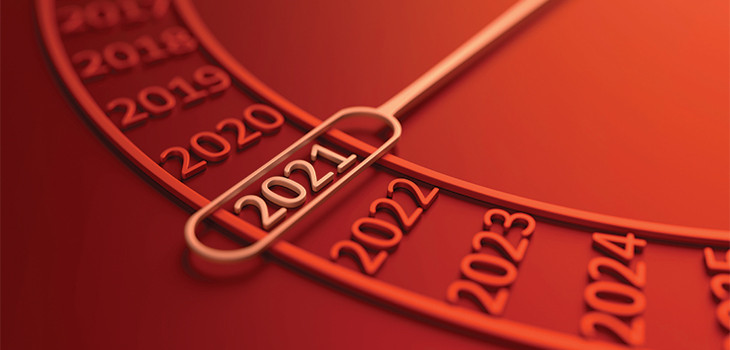
- The past 12 months have offered some positive developments for claimants in international arbitration cases, with key decisions providing greater certainty on governing law, enforcement and evasive debtors.
There have been some significant developments in (or relevant to) English law as it pertains to international arbitration in the past 12 months or so. In three key respects, the developments have been positive for claimants with strong claims that they wish to progress and monetise.
Greater certainty over governing law
Perhaps the most heralded decisions in English arbitration law in recent months were the Supreme Court’s rulings in Enka Insaat Ve Sanayi AS v OOO Insurance Company Chubb [2020] UKSC 38, [2020] All ER (D) 36 (Oct), and Kabab-Ji SAL (Lebanon) v Kout Food Group (Kuwait) [2021] UKSC 48, [2021] All ER (D) 89 (Oct).
Prior to these decisions, there had been some considerable uncertainty about how to ascertain the law governing an arbitration agreement









